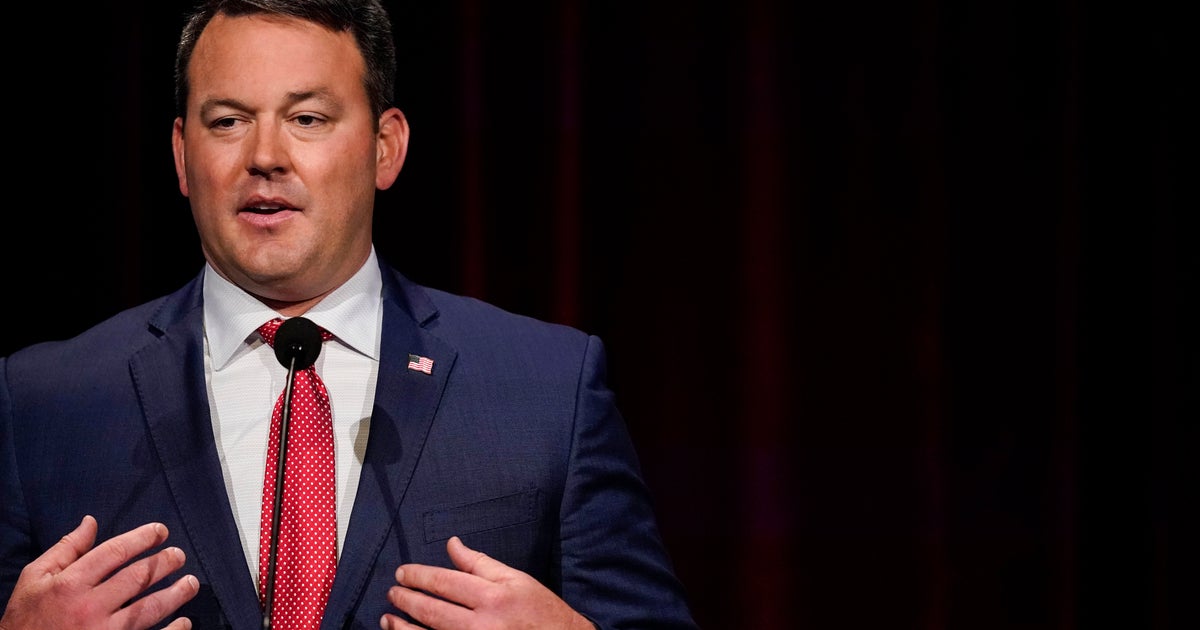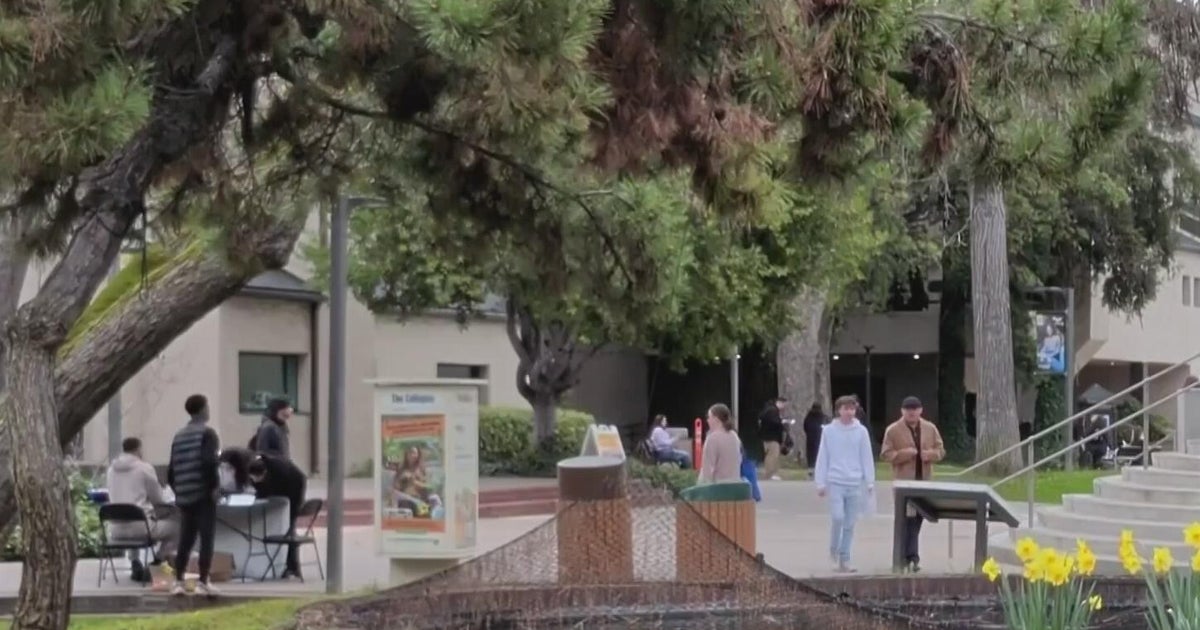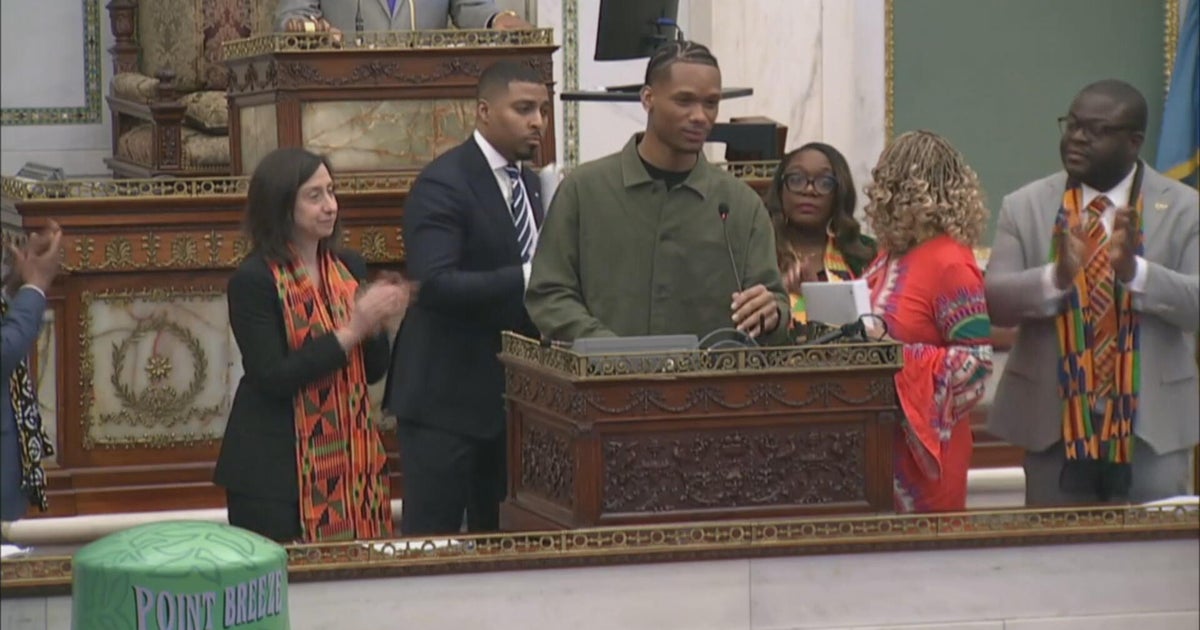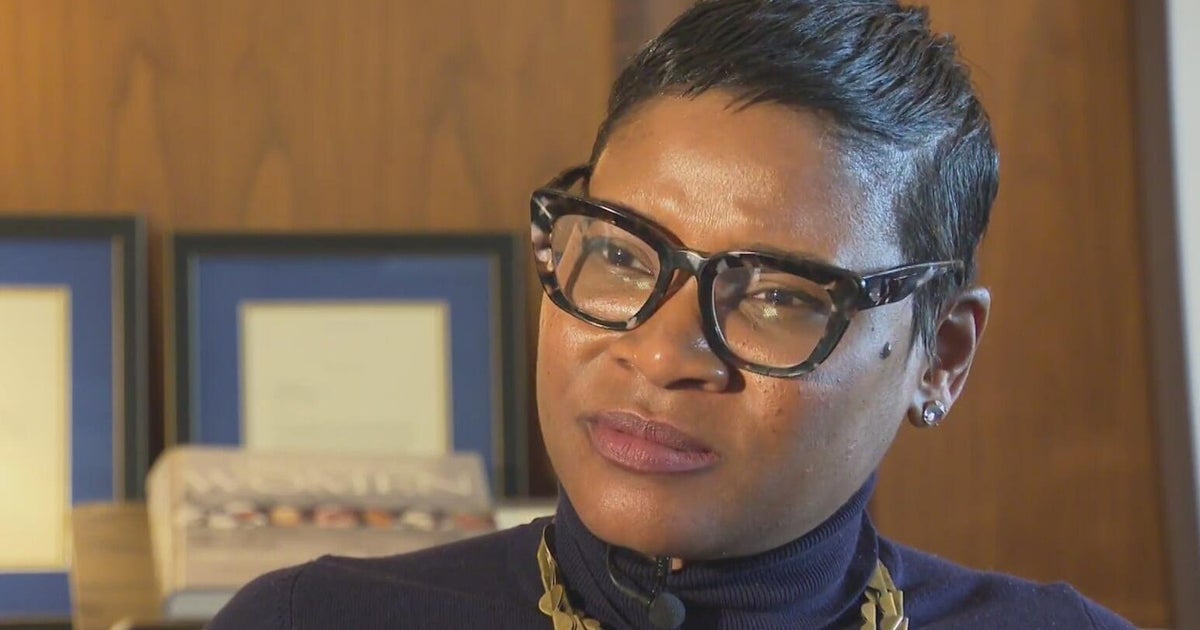Minnesota's equal rights amendment to be updated to include protections for "reproductive freedom"
MINNEAPOLIS — An update to Minnesota's equal rights amendment, which would add language to the state constitution if approved by voters, will include provisions aimed at protecting access to abortion when advocates push for it this year.
The new version reads as follows: "All persons shall be guaranteed equal rights under the laws of this state. The state shall not discriminate against any person in intent or effect on account of race, color, national origin, ancestry, disability or sex, including but not limited to, pregnancy, pregnancy outcomes, and reproductive freedom, gender identity and gender expression, or sexual orientation."
The latter part of the proposal—pregnancy, pregnancy outcomes and reproductive freedom—reflects new elements that were not in the bill that passed out of the Minnesota Senate last May on a bipartisan vote, but failed to cross the finish line in the House before lawmakers adjourned for the year. Lawmakers return February 12.
All that is required is a simple majority vote by both chambers in one legislative session before going to the ballot and triggering campaigns in support of and against the question. It would need a majority of all votes cast in the election to be ratified. Declining to answer is considered a "no" vote.
Betty Folliard, the founder of the coalition ERA Minnesota urging lawmakers to pass it, believes the measure will finally triumph this upcoming session, after years of taking a back seat to other issues in St. Paul. She points to polls that show support for constitutional protections for equal rights and abortion and says the two are "stronger together."
The language Folliard and other activists are working on has not been formally introduced in the legislature.
"It's also important to look at the whole of the Equal Rights Amendment because [it] will impact pay inequity, pregnancy discrimination, sexual violence, domestic violence, caregiving, child care, a whole array of issues--it's not just whittling us down to our body parts," she explained.
The Minnesota Human Rights Act prohibits discrimination based on protected class. The DFL-led legislature last year passed a new statute establishing a "fundamental right" to abortion in response to the overturning of Roe v. Wade by the U.S. Supreme Court. It also approved health care protections for transgender people.
"We're not expanding laws. We are putting those laws into the constitution so that they're permanent," she said.
Eight Republicans joined all Senate Democrats to pass the ERA last year—but it was without the new language. Sen. Minority Leader Mark Johnson, R-East Grand Forks, in a statement called the updates "brazen political gamesmanship," suggesting a vote on it could become partisan.
"The previous ERA version did have support from some Republicans, but stitching every issue into one Frankenstein ballot question is divisive and political, and it will come back to haunt them," he said.
House Speaker Melissa Hortman last fall said DFL leaders are considering a constitutional amendment to put the issue of abortion to voters either in 2024 or 2026, but hadn't committed to the idea yet. New York has a similar measure to the revived amendment in Minnesota that will go before voters in November's election.
"A lot of different factors impact whether a constitutional amendment is successful. And usually it's good for voters to have time to learn about the issue and for there to become an organized campaign to educate voters about an issue," Hortman told WCCO in November. "So those are things that we'll be taking into account as we decide whether to do it and if we do it, when to do it."
David Schultz, a law professor at the University of Minnesota specializing in state constitutional law, said in his study of other states with equal rights amendments, it's a "mixed bag" in terms of how successful they are in achieving their goal of equality and squashing discrimination.
Adding language to protect abortion would amount to an extra line of defense, he noted, since a Minnesota Supreme Court decision and the law passed by Democrats last year already ensure abortion is legal. The political makeup of the state capitol can shift and laws can be repealed and the courts can also strike them down, as was the case when Roe was overturned.
"The more specificity you give, in terms of what it protects, the harder it will be for judges to disregard that plain language," he said.








